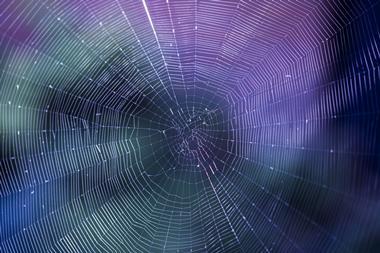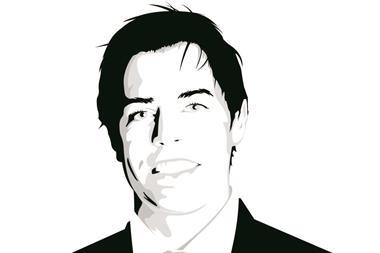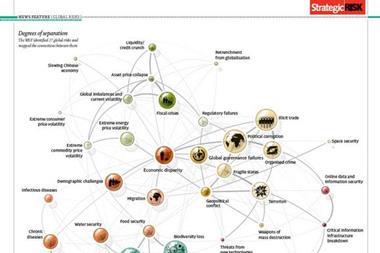Wikileaks began publishing the first tranche of what is says are 250,000 secret US diplomatic cables
The whistleblowing website Wikileaks has been causing quite a stir recently.
First came the publication of the Iraq and Afghan war diaries in October. It marked the largest ever classified military leak in history. A mass of 390,000 reports document the war and occupation of Iraq from January 2004 to December 2009. The reports, available for anyone to download on the Wikileaks website, detail 109,000 deaths in Iraq the majority of which (66,000 or 60%) are civilians.
Then on November 28 Wikileaks began publishing the first tranche of what is says are 250,000 secret US diplomatic cables. Wikileaks said on its website: “The documents will give people around the world an unprecedented insight into the US Government’s foreign activities.”
Wikileaks has been accused of endangering the lives of army personnel, threatening national security (in particular of the US and UK) and damaging international relations.
Its rogue approach to publishing classified documents has been criticised in the media as well. Although some papers, notably the Guardian, have capitalised on the leaks and the website’s notoriety. Other media companies have taken a more guarded approach. Interestingly in a story covering the diplomatic leaks CNN felt the need to clarify its position on Wikileaks. It said: “CNN is committed to carefully and responsibly reporting on the documents already published by Wikileaks focusing not only on what the leaked documents say, but also what their publication means for global relations and U.S. diplomacy.”
So far, Wikileaks founder Julian Assuange, has focused his disclosure efforts on US foreign policy (much to America’s disquiet)—but the website was set up to expose “government and corporate misconduct”, so big businesses can expect to be on the hook too. He’s been the subject of rape charges in Sweden, which he vigorously denies claiming he is the subject of a CIA witch-hunt. American lawmen and his native Australia are both trying to bring criminal charges against him. Meanwhile the Wikileaks website has been the subject of electronic sabotage—including denial of service attacks, which normally involve flooding a website with requests for data. A hacker called Jester—who describes himself as a “hacktivist for good”—claimed responsibility for the attack.
Attempts to shut down the site have so far failed and anyway Wikileaks claims to have “an insurance policy” against its site going down.
Ultimately Wikileaks is just one information outlet but it is also symbolic of the new user-generated media landscape. It is joined by blogs, social media and other online publishing platforms, all of which have low barriers to entry and empower consumers with a powerful voice.
The US government has born the brunt of Wikileaks’ “publish and be damned” approach to democracy and free speech. But it could just as easily have been a major corporation on the receiving end of the negative press. With the kind of profile Wikileaks now enjoys it could easily become a powerful enemy of the corporate world too.

















